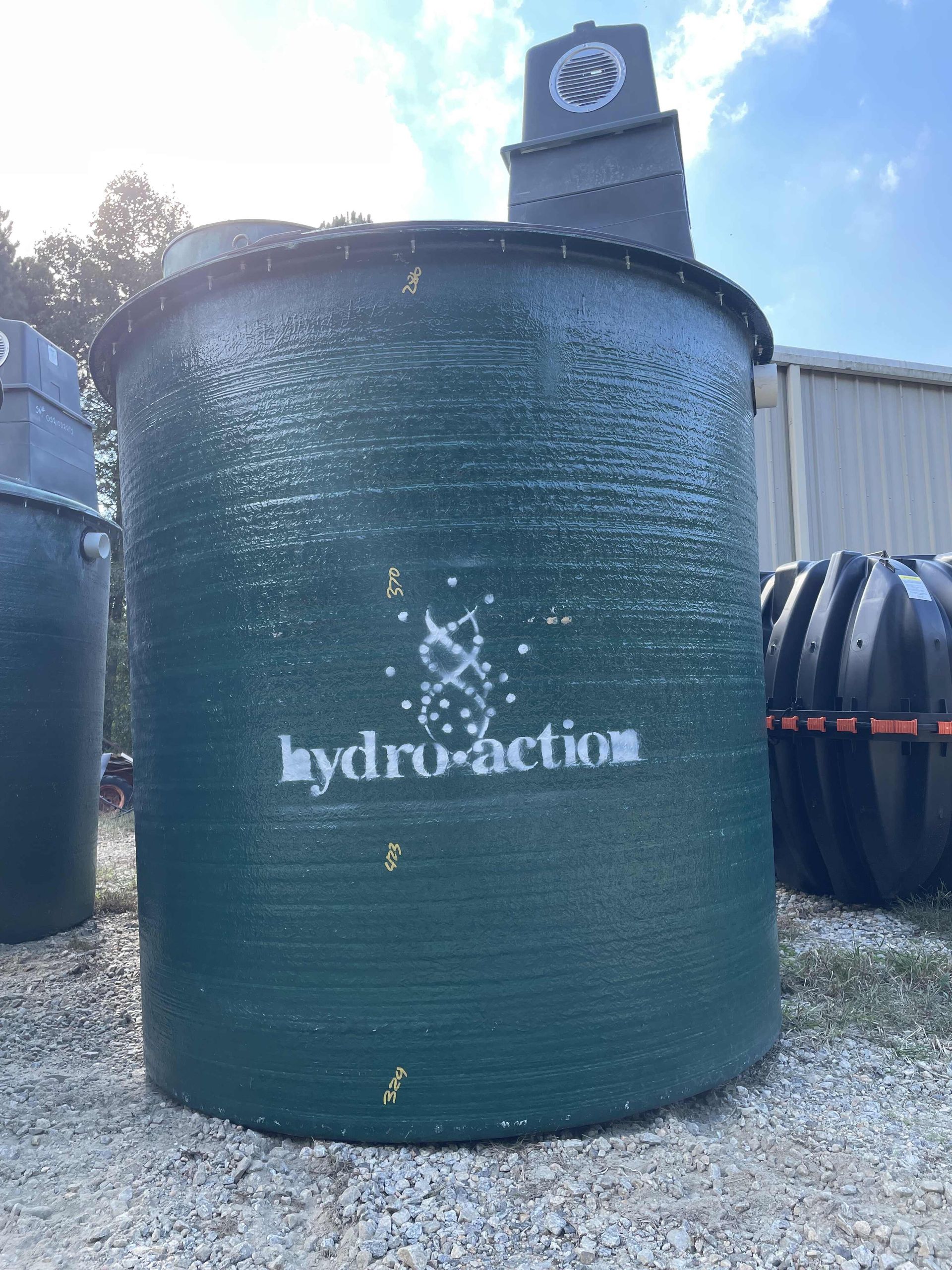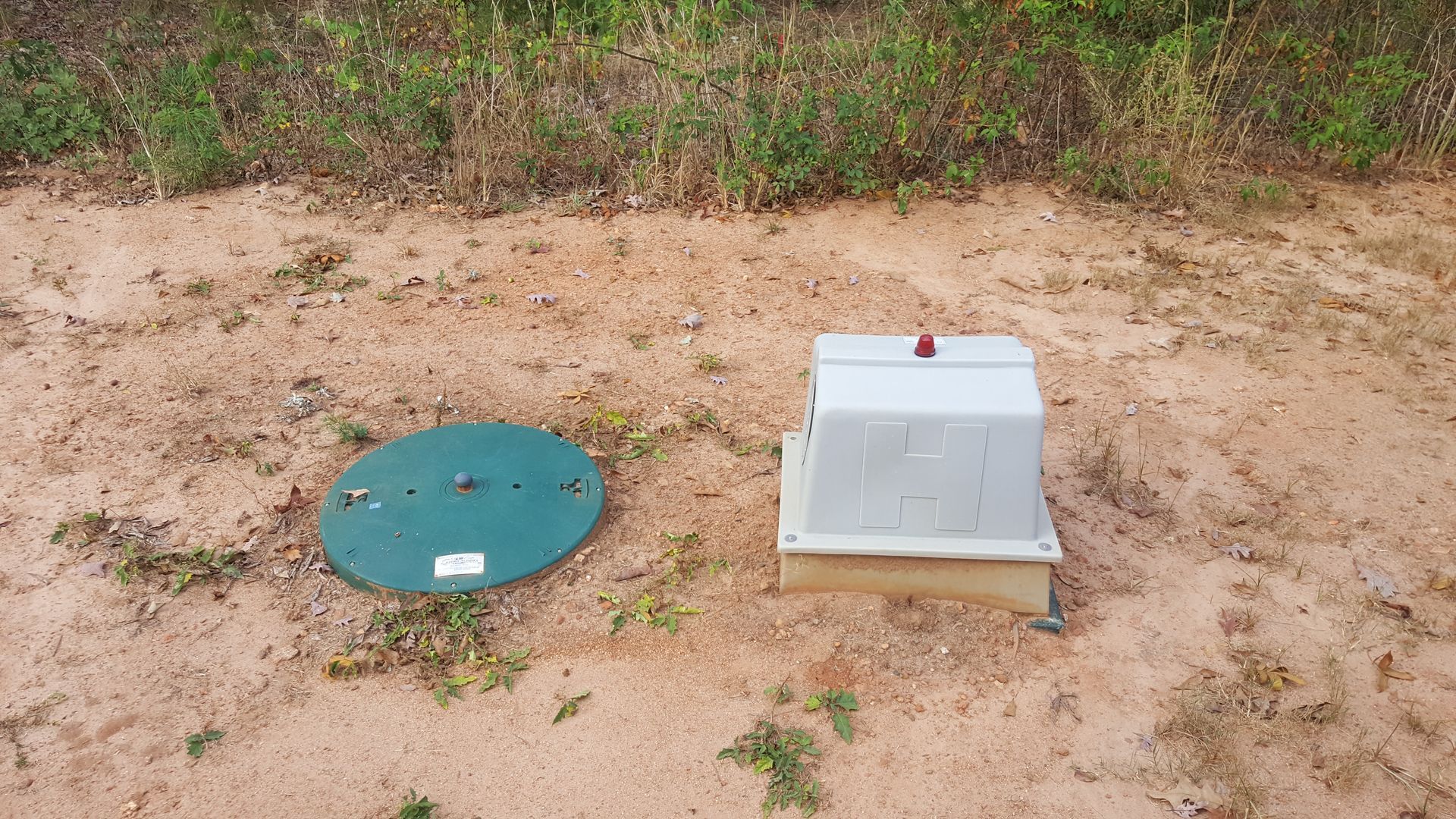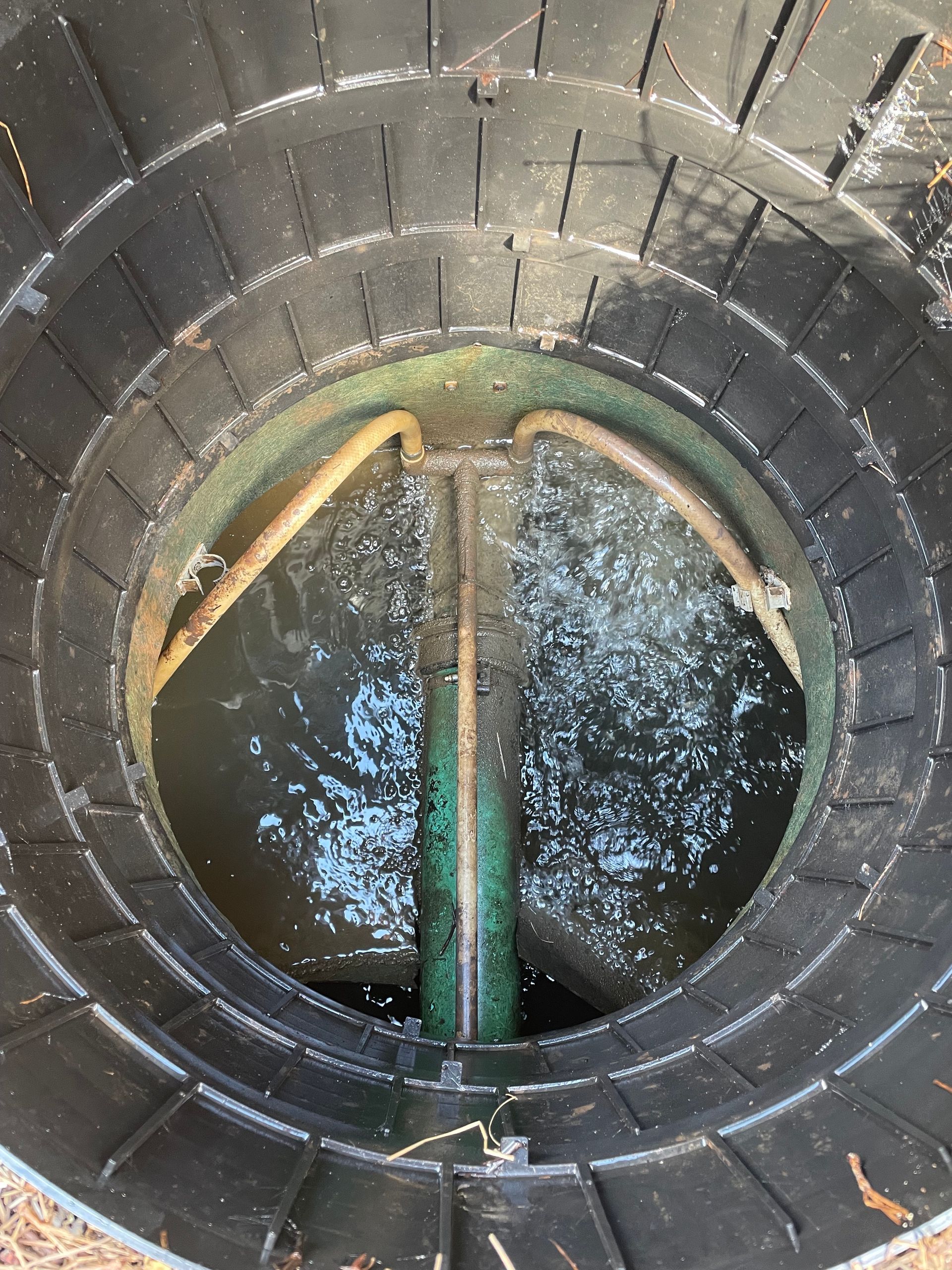Get in touch
404-788-3474
asmseptic@gmail.com
Email Us on: asmseptic@gmail.com
Call or Text: 404-788-3474
5 Telltale Signs That Your Septic Tank Needs Maintenance
As a homeowner, it's important to keep your septic tank in good working condition to avoid costly repairs and health hazards. Regular maintenance can prevent major issues and extend your septic system's life.
In this article, we'll take a look at five telltale signs that your septic tank needs maintenance.
1) Odors
One of the most noticeable signs that your septic tank needs maintenance is foul odors. If you smell sewage in your yard or around your home, it's likely that your septic system is not functioning properly.
The odor can be caused by a buildup of sludge or a clog in the system. If left unaddressed, the odor can become unbearable and potentially harm your health.
2) Slow Drainage
Another sign that your septic tank needs maintenance is slow drainage. If your sinks, toilets, and showers are draining slowly, it could be an indication that your septic system is full or clogged.
This can be caused by a buildup of solids in the tank or a blockage in the pipes leading to the tank. Slow drainage can also be a sign of a larger problem with your septic system, such as a failing drain field.
3) Green Grass
While a green lawn is usually a good thing, it could be a sign that your septic tank needs maintenance. If you notice an area of your lawn that is greener and lusher than the rest, it could be because of a leak in your septic system.
The wastewater from your septic tank is rich in nutrients, which can cause the grass to grow faster and healthier than the surrounding area. If you notice this sign, it's important to have your septic system inspected as soon as possible to prevent further damage.
4) Backed-up Toilets
Backed-up toilets are never a pleasant experience, but they can also be a sign that your septic tank needs maintenance. If you notice that your toilets are backing up or not flushing properly, it's it may be that your septic system is full or clogged.
This can be caused by a buildup of solids in the tank or a blockage in the pipes leading to the tank. If left unaddressed, the problem can escalate and potentially cause damage to your home.
5) Sewage Backup
The most serious sign that your septic tank needs maintenance is sewage backup. If you notice sewage coming up through your drains or toilets, it's important to address the problem immediately.
This can be caused by a full or overflowing septic tank, a clogged drain field, or a damaged pipe. Sewage backup can be a health hazard and can cause serious damage to your home and property.
Conclusion
Regular maintenance of your septic tank is crucial to avoid costly repairs and health hazards. If you notice any of the signs mentioned above, it's important to have your septic system inspected as soon as possible. A professional can identify the problem and recommend the appropriate maintenance or repair. Remember, prevention is key when it comes to septic system maintenance. Regular pumping and proper use of your system can prevent major issues and extend the life of your septic system.
Looking for a better way to maintain your septic system? Alternative Septic Management Inc. has got you covered. We offer innovative and eco-friendly
septic system management. Say goodbye to costly repairs and health hazards - schedule regular maintenance with us today.
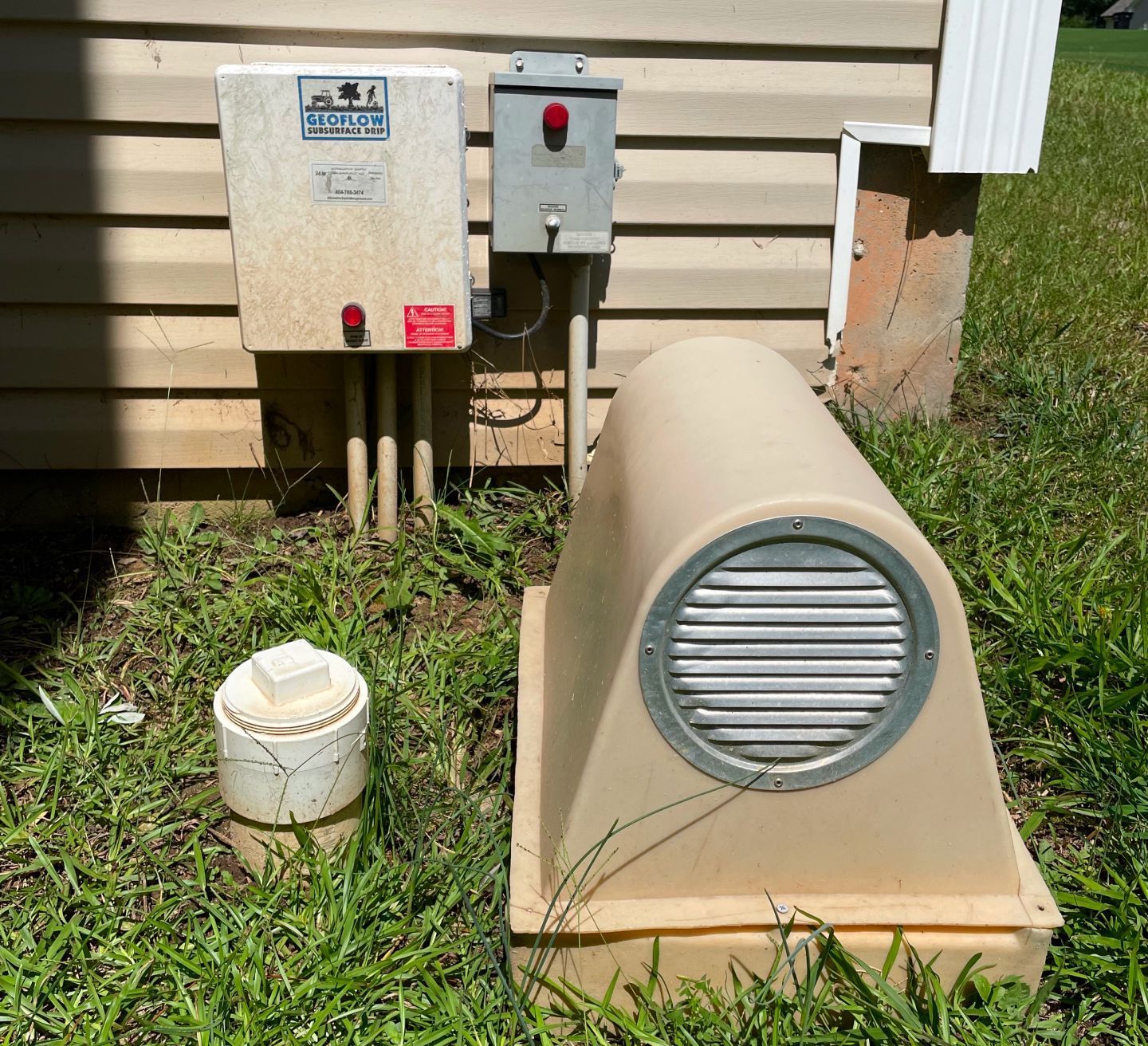
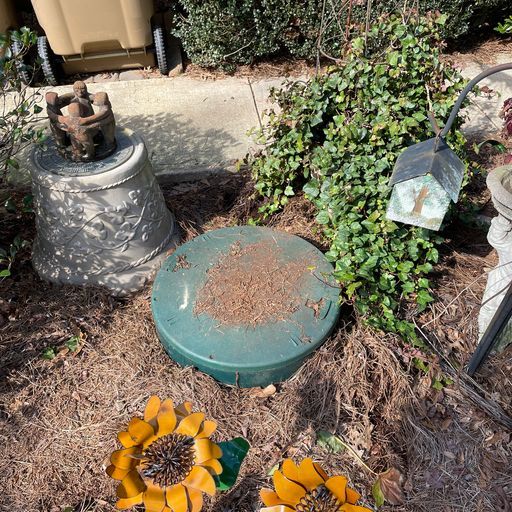
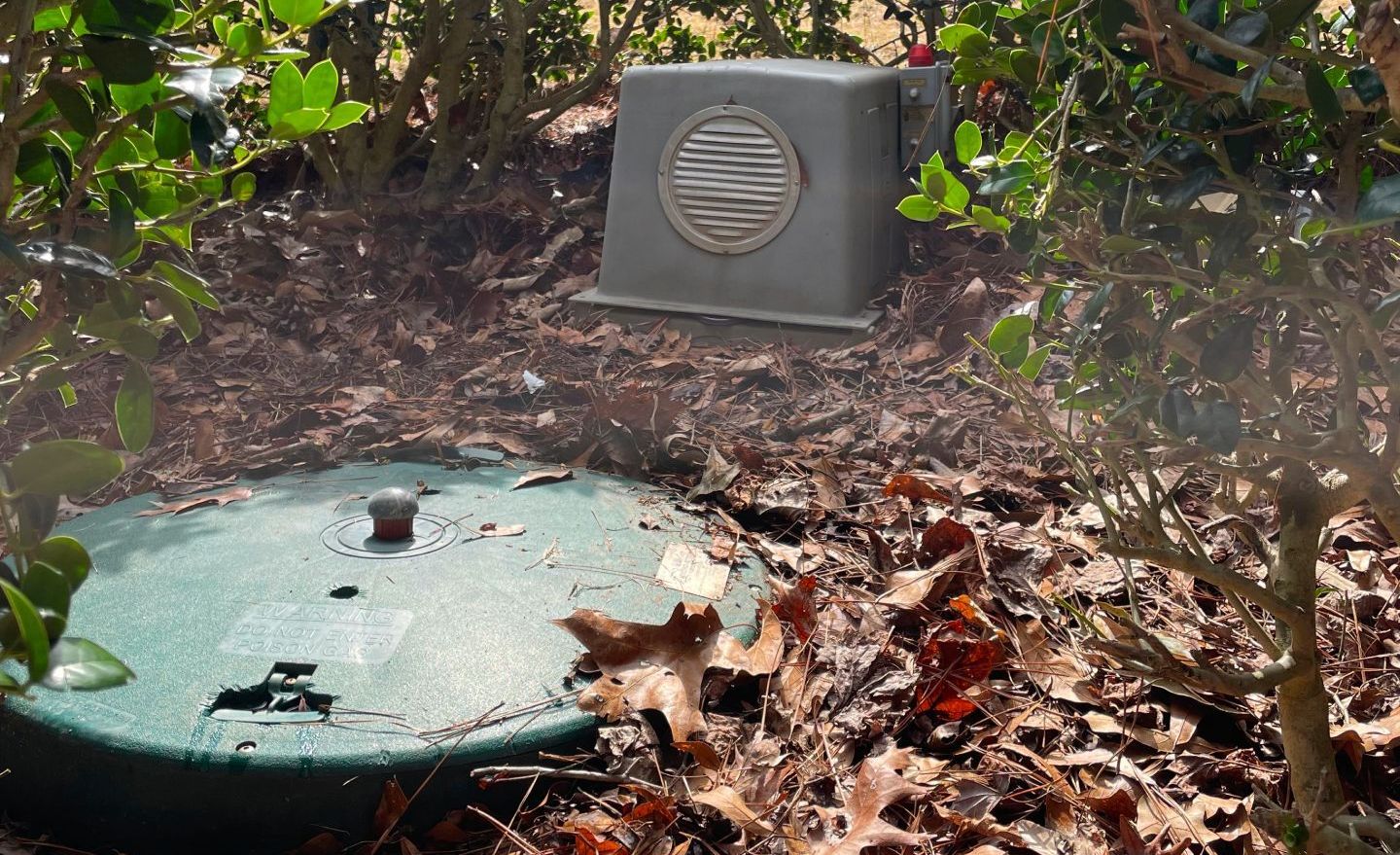
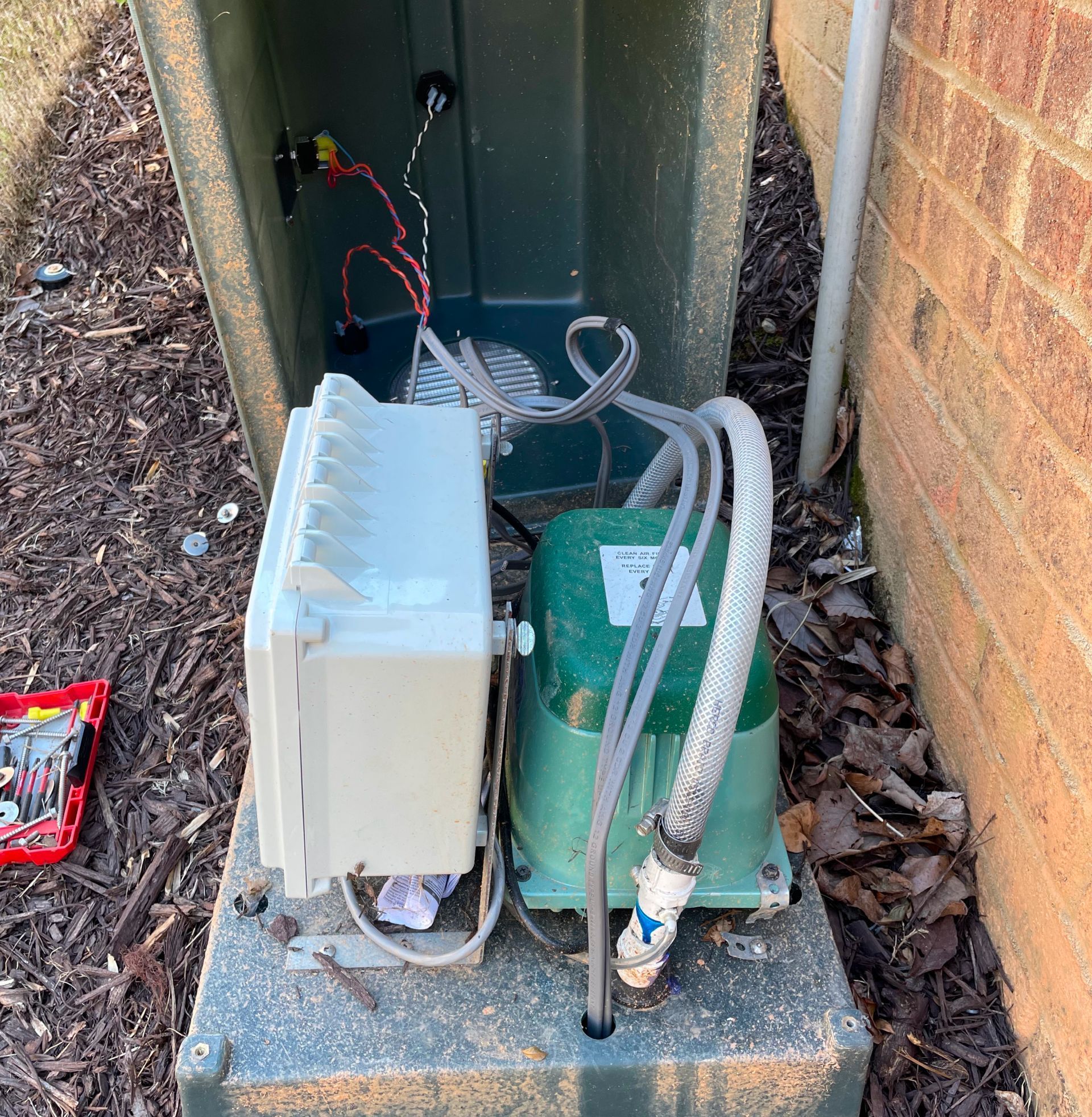

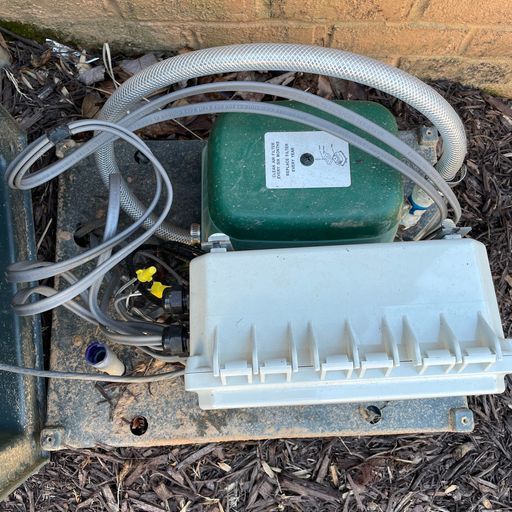
Alternative Septic Services For Residential And Commercial Systems Requiring Alternative Septic Systems.
Quick Links
Our Services
Septic Installation
Septic Repair
Septic Inspection
Air Compressor Maintenance
Pump Maintenance
Get In Touch
Mobile: 404-788-3474
Email: asmseptic@gmail.com
Address: 3295 Fannie Thompson Rd. Monroe GA 30656
Copyright 2025 © All Rights Reserved. Alternative Septic Management, Inc.

